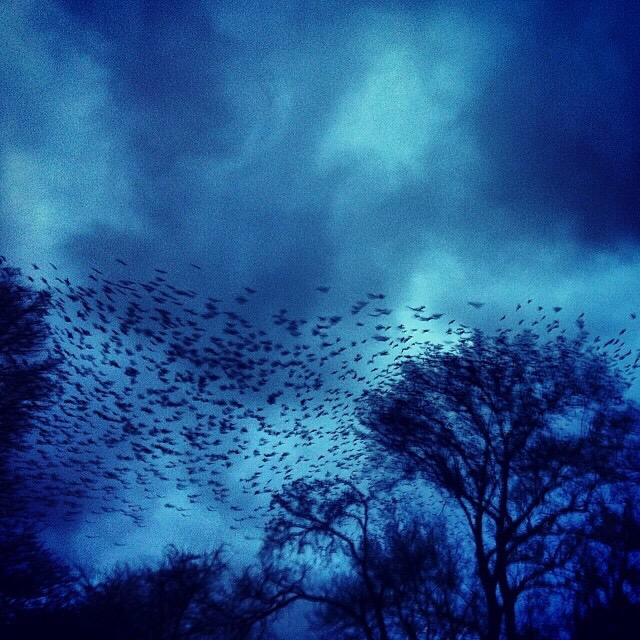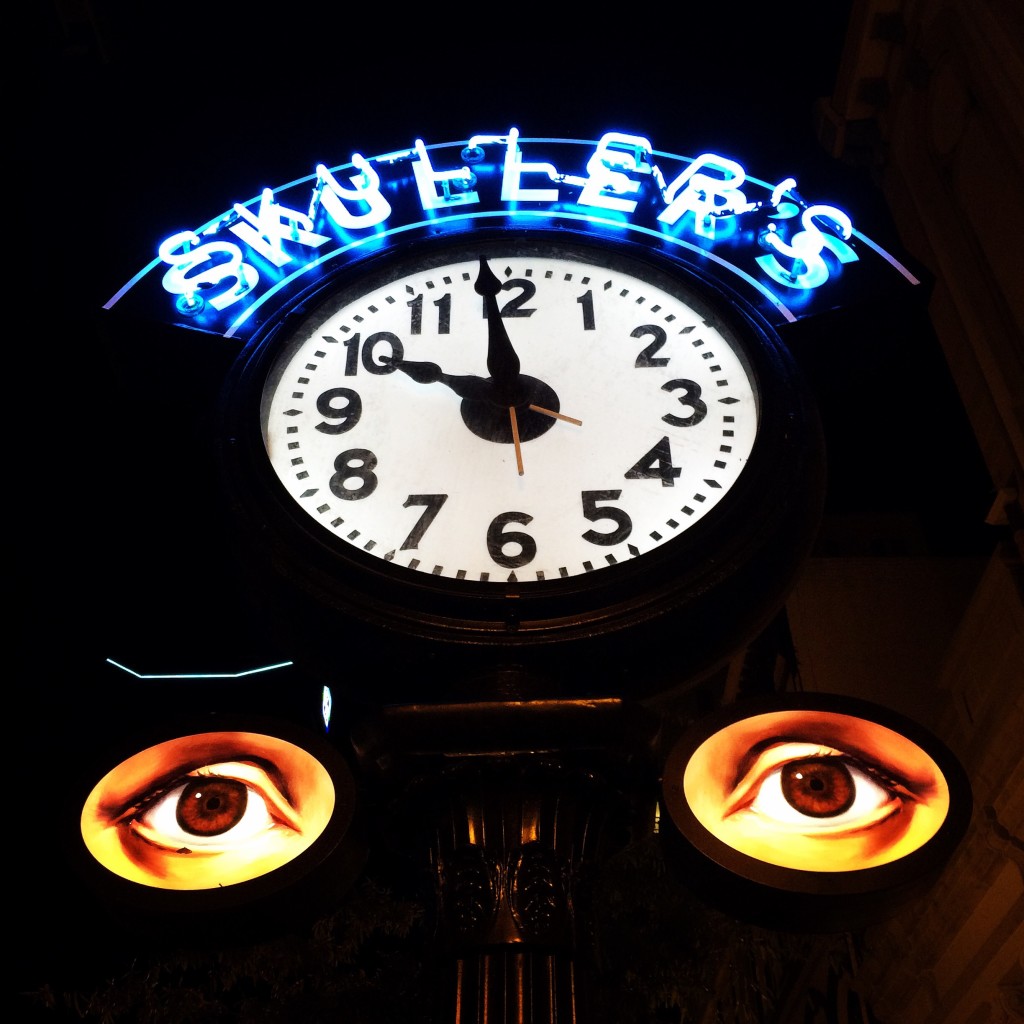
sometimes now i am a hired secular eulogist. it’s a role i didn’t seek, but one that life has prepared me well to play. more on that later, but first, how i stumbled into this:
in the fall of 2014, a friend of a friend asked that common friend if she knew of someone he might hire to tell the story of his father’s life, in the form of a funeral ceremony. my friend thought that i was just the person for the job.
this friend of my friend (who, through the process, overleapt the initial remove and became my friend, as well) had very specific instructions from his father, who wanted his death marked by a gathering, where those he loved would hear his life relayed as one long narrative.

in the days just after the father’s death i assumed a position of trust within this dead man’s circle. in hours of interviews, carefully transcribed, his children and grandchildren, his friends and co-workers, his neighbors and distant cousins told me of this man’s childhood and marriage, of the first house he knew and the last one, too. i delved into family trees and searched the internet for images of towns where he’d lived, towns that i’d never seen, seeking out telling details to make long-past moments seem alive.
i traced his ancestors through small towns along the mississippi. i read poignant letters and handled faded photographs. i had three days to complete the assignment. by the morning of the memorial, i’d mastered the material. though my notes were close by, i spoke at length without using them. i then spent the next few days capturing this non-traditional eulogy in written form, a document that ran to about 5,000 words.
since that first memorial, word has spread on its own, and so i’ve been asked to step into the same breach several more times, all the while wondering what this odd thing it seems i now do might be called.
for a more church-based people, the task would be handled by a priest or a rabbi. for well-known people, an extended obituary is created by journalists. many traditional societies held their oral historians and storytellers in a place of honor, calling them forward to mark life passages.
secular eulogist seems dry. ghost whisperer is disrespectful. funeral emcee is just weird.
i mentioned this conundrum of naming to my smart friend lg. he said: “I’m telling you – speaker for the living. And for a living. And for living. Period. ”
so– a ‘speaker for the living’ it is. or, i am.
when i mention this to folks, they seem interested in how it works, what the experience is like, and what i’ve learned. in the next post, to finish up grief week, i’ll go into some detail (though not so much that the discretion that comes with this job is compromised). i’ll also share some resources and lessons perhaps useful for those facing the pain of loss, or maybe just the pain of public speaking. until then, here’s an obituary i wrote for the public realm, a couple years back, when my old friend gabe silverman died:
Gabe Silverman pried Charlottesville loose from the cold grip of Thomas Jefferson, who, if we’re honest, never cared enough about the town to grasp it. The town retroactively rearranged his glow for its own basking; Jefferson mostly treated Charlottesville as a supply depot, and then late in life as the thing between the little mountain and the academical village. It remained that for a couple hundred years, in sleepy thrall to its first visionary.
Until Gabe.
Gabe Silverman woke Charlottesville up, insisted that the place was worthy of not only a past, but a future. Until him, there was the University and Monticello and the stuff in between. That interstitial limbo was the town. Many of its people lived in red brick Jefferson Country, or else in that scruffy no-place with a handful of sublime bookstores and one great restaurant. I was lucky enough, for 18 years, to live in Silverman Country. It was jerrymandered, non-contiguous– most of Downtown, the Ix, a good stretch of West Main, on out to Batesville, dibs and dabs here and there. Instantly recognizable– Babar and rebar, cigarette butts, artists, rock stars, poets, crazy-ass street people, conduit and toy robots. It was thrilling– one day a gas station, the next a bakery, and maddening– when would the long-promised drywall arrive? It was never dull. It would have required Beckett to invent Gabe and Ali, and come to think of it, maybe he did. A perpetual motion machine of seeming opposites, in absolute lockstep, standing outside some derelict property, firing off sparks of “ka-ching” and “aha!”. Gabe’s other great partner in life came from a different author altogether. Karen mediated him for the world, gave us human access to the wild-eyed dreamer, and tethered him.
Watching Gabe watch Karen. Watching Karen watch Gabe. Epic. Heartbreaking.
Gabe and I spent a decade or so talking for an hour or two every day. We both smoked, and in the agora of the Michie Building courtyard, we solved the problems of the world. Gabe grasped and made manifest those great mantras:
“What if…”
“Yes, and…”
We both lost mighty loves. On the late Fall night, all scuttling leaves, that Karen’s light went out, I found myself in their kitchen, bereft. He was beyond devastated, the face of grief. He made me tea. When Joey died a few years later, we became brother widowers, two non-joiners, now members of the same club. He showed me that life after was possible.
Most towns never get a single visionary. Charlottesville got two: one by accident of birth, one by wild chance. The place it is now can only be read in those two lights. Poised between Mr. Jefferson and Mr. Silverman.
Lucky place, lucky us, lucky him to find a place that fit his crackpot, faraway, breathtaking gaze.
Tango on, old friend.
(all the words and images are mine. kindly use kindly)
